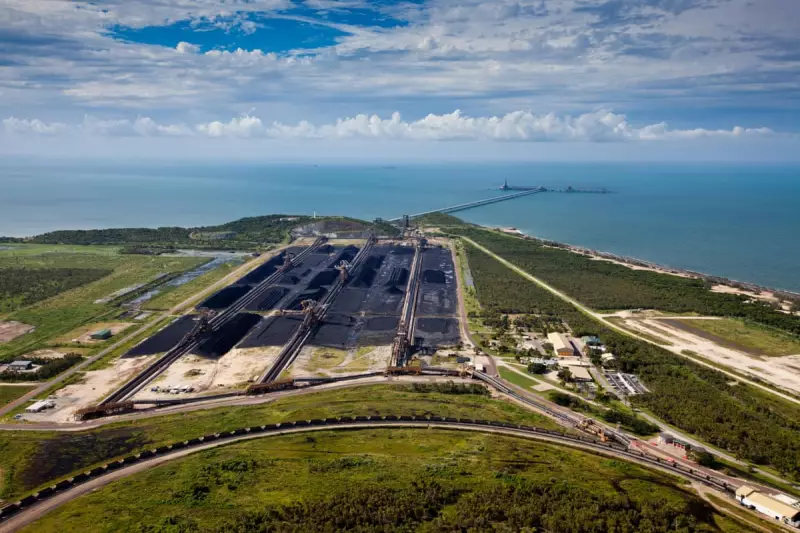
Adani's Australian operations, particularly its contentious Carmichael coal mine, have come under scrutiny after reports revealed the company paid a mere 1% in corporate tax. The revelation has sparked outrage among environmentalists and policymakers alike.
Minimal Tax, Major Profits
Despite generating substantial revenue from its Carmichael coal mine and Abbot Point port operations in Queensland, Adani's tax contributions have been strikingly low. Critics argue this highlights systemic issues in corporate tax avoidance, especially within the mining sector.
Environmental Concerns Amplified
The Carmichael mine, already a lightning rod for environmental protests due to its impact on the Great Barrier Reef and carbon emissions, now faces additional backlash over its financial practices. Campaigners claim the company is profiting at the expense of both the environment and public coffers.
Government Under Pressure
Queensland officials are facing growing calls to investigate Adani's tax arrangements and reconsider the mine's approvals. The controversy adds fuel to the ongoing debate about fossil fuel subsidies and corporate accountability in Australia's resource sector.
What's Next?
As scrutiny intensifies, all eyes are on whether regulators will take action and how this might affect Adani's future operations in Australia. The case could set important precedents for corporate taxation in the extractive industries.





